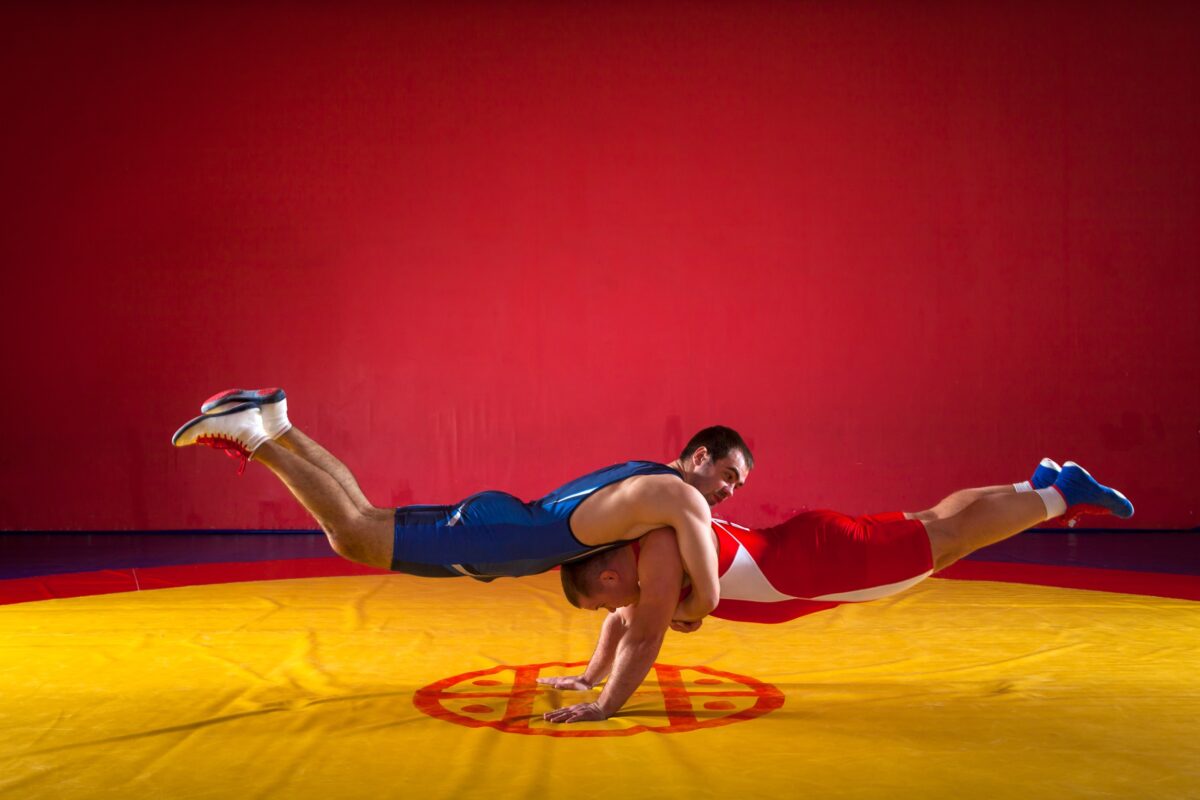
Folkstyle wrestling has undergone a remarkable transformation in recent competitive seasons, evolving from a traditional grappling sport into a more dynamic and spectator-friendly competition. This evolution has been driven by a combination of rule modifications, technological integration, and changing athlete demographics that have collectively reshaped how the sport is practiced and viewed.
The changes we’re witnessing aren’t merely surface-level adjustments but represent a fundamental shift in wrestling’s competitive philosophy. Modern folkstyle wrestling now emphasizes speed, aggression, and entertainment value while maintaining its core technical foundations. This transformation has created a sport that appeals to both traditional wrestling enthusiasts and new audiences seeking fast-paced athletic competition.
One of the most significant developments in recent seasons has been the systematic overhaul of scoring systems and competitive rules. The riding time rule has been modified to reduce emphasis on prolonged top control, instead incentivizing quicker escapes and reversals. This change has effectively eliminated much of the stalling that previously plagued matches, creating a more fluid and engaging viewing experience.
The impact of these modifications has been measurable and dramatic. Average match scores have increased by 15% compared to previous seasons, with takedowns rising by 12% per bout. These statistics reflect a sport that has successfully shifted toward faster-paced competitions without sacrificing its technical integrity. Wrestlers are now rewarded for aggressive offensive maneuvers, leading to more dynamic exchanges and unpredictable outcomes.
The evolution has also encouraged wrestlers to develop more versatile skill sets. Rather than relying solely on traditional pinning strategies, competitors now blend rapid transitions with classic techniques. This has created a generation of wrestlers who are more well-rounded athletes, capable of adapting to various competitive scenarios and maintaining offensive pressure throughout matches.
Perhaps the most fascinating aspect of folkstyle’s recent evolution has been the integration of techniques from other combat sports, particularly mixed martial arts and Brazilian jiu-jitsu. Wrestlers have increasingly incorporated ground-based submissions, scrambles, and innovative escape techniques that were previously uncommon in traditional folkstyle competition.
This tactical evolution has manifested in a 20% increase in the use of hybrid techniques during competitive matches. Wrestlers are now employing guard passes, arm drags, and sophisticated scrambling patterns to exploit near-fall opportunities more effectively. The result has been more unpredictable matches where underdogs can upset favorites through innovative techniques and last-second reversals.
The influence of cross-training has also elevated the overall athleticism of folkstyle competitors. Modern wrestlers average 2.3 more near-falls per victory than their counterparts from just a few years ago, demonstrating enhanced scrambling abilities and tactical awareness. This trend has created a more exciting product for spectators while challenging athletes to continuously expand their technical repertoires and adapt to evolving competitive landscapes.
While rule modifications and tactical innovations have significantly reshaped folkstyle wrestling, the discussion of athlete mental fortitude remains conspicuously absent. The enhanced pace and strategic complexity demand not only physical prowess but also exceptional mental resilience. Wrestlers must now quickly adapt to rule changes, devise strategies against increasingly diverse techniques, and maintain focus under high-pressure scenarios. The ability to manage stress, maintain composure after setbacks, and strategically adjust mid-match are critical for success in the modern arena.
Future analysis should explore the psychological preparation of wrestlers, including mental training techniques, stress management strategies, and the role of sports psychology in enhancing performance. Understanding how athletes cultivate mental toughness will provide a more complete picture of folkstyle’s evolution. Furthermore, it can offer valuable insights for aspiring wrestlers looking to gain a competitive edge. For individuals seeking comprehensive training that encompasses both physical and mental conditioning, wrestling classes in Toronto can provide the necessary tools and guidance to excel in this demanding sport. Etobicoke Martial Arts emphasizes a holistic approach, ensuring athletes are well-prepared for the challenges of modern folkstyle wrestling.
©2026 ETOBICOKEMARTIALARTS. All Rights Reserved.